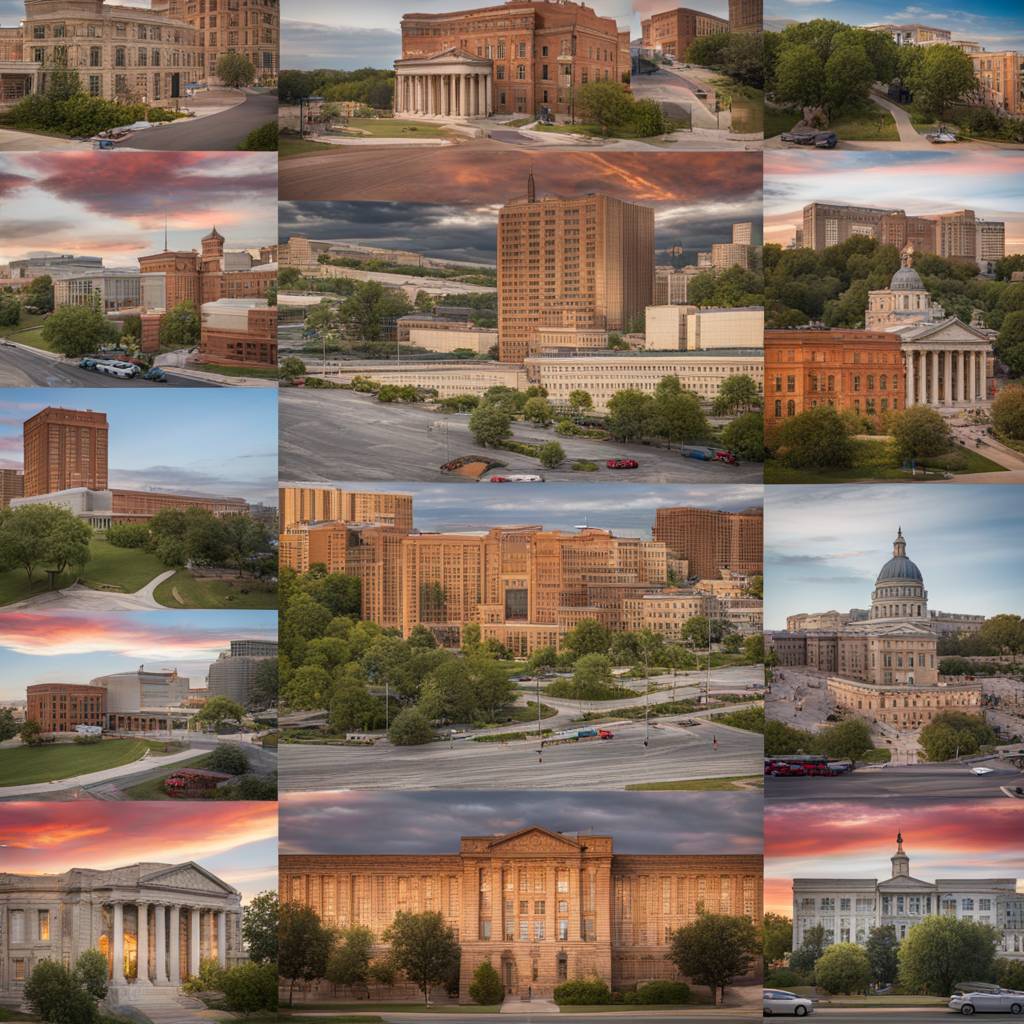Republicans in the GOP-controlled Kansas Legislature are expected to approve a proposed state budget for the 2025 fiscal year, which includes provisions aimed at restricting diversity initiatives on college campuses and assisting Texas in its border security efforts. The budget bill, totaling $25 billion, is anticipated to be voted on this week by both chambers. State Senate President Ty Masterson views this as an opportunity to assert their power of the purse, highlighting the control they have over budget decisions.
Support for Texas’ efforts to enforce immigration laws and confront the Biden administration’s policies has been expressed by both the Kansas House and Senate. Additional funding provisions totaling $15.7 million have been included in the budget bill to provide Kansas National Guard resources to Texas. Furthermore, there are provisions to withhold $35.7 million in funding from state universities unless they confirm their stance on diversity, equity, and inclusion initiatives. Republicans view these provisions as a way to combat what they believe to be discriminatory practices and a liberal political orthodoxy.
The potential impact of the proposed budget provisions is dependent on Democratic Governor Laura Kelly’s response, as the state constitution gives her the power to veto individual budget items. There are concerns about the legality and implications of using budgetary measures to enforce political ideologies. In response to Republican lawmakers’ concerns, the Kansas Board of Regents is considering a policy change to ban requirements related to diversity, equity, and inclusion in admissions or employment. Republican legislators are hopeful that universities will amend their policies in line with these proposed changes.
Border security has been a key focus for Republicans, with former President Donald Trump’s anti-immigrant rhetoric and concerns about fentanyl trafficking across the Mexico-U.S. border driving the agenda. There is a sentiment among GOP officials that the Biden administration is not adequately addressing these issues, leading states like Kansas to take their own actions. Democrats argue for national immigration reform and emphasize the need to address the root causes of immigration challenges, rather than focusing on punitive measures.
The ongoing debate over diversity initiatives and border security reflects a broader political divide in the country. Republicans are framing these issues as a matter of national security and combating what they see as leftist ideologies infiltrating educational institutions. Alternatively, Democrats stress the importance of inclusivity and addressing the complexities of immigration through comprehensive policy measures. The upcoming budget vote in Kansas will serve as a test of political wills, with potential repercussions for higher education institutions and immigration policies in the state.
The power dynamics at play in Kansas underscore the broader tensions within the Republican Party and its approach to governance. By leveraging budget decisions to advance their policy priorities, Republicans are highlighting their commitment to conservative principles and ideological stances. As the state budget process unfolds, the implications of these decisions for Kansas universities, national immigration policy, and political discourse are likely to shape the state’s trajectory and influence the broader national conversation around these contentious issues.













